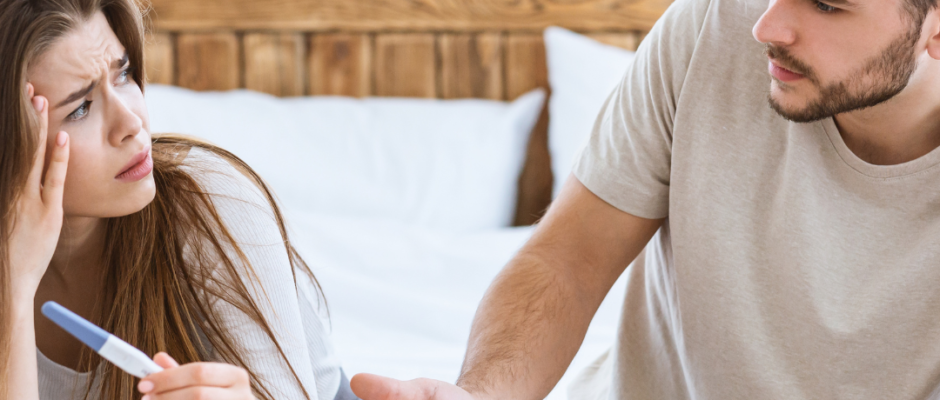Age and Fertility Decline- What You Need to Know
Discover the impact of age and fertility decline on conception. Understand your options with our comprehensive guide. Struggling to conceive after a previous pregnancy? The frustration of age and fertility decline can feel overwhelming, especially when time seems to work against you. The good news is that understanding how aging impacts your ability to conceive again empowers you to take proactive steps toward achieving your family goals. This comprehensive guide explores the science behind age-related fertility challenges, from egg quality to hormonal shifts, and offers practical solutions to improve your chances of conception. Let’s dive in and uncover strategies to navigate secondary infertility with confidence.Fertility Hormones (Men and Women) Source, Effects, Symptoms – Healthhype Age-Related Fertility Changes Aging significantly influences a woman’s ability to conceive, primarily due to changes in egg quantity and quality. Understanding age and fertility decline helps explain why conceiving again may be harder than before. Women are born with a finite number of eggs—about 1–2 million at birth, declining to 300,000–500,000 by puberty. By age 30, roughly 10% remain, and by 40, only 3% are left, per a 2022 study in Fertility and Sterility. This natural depletion, called ovarian reserve decline, reduces conception chances over time. … Continue reading Age and Fertility Decline- What You Need to Know
